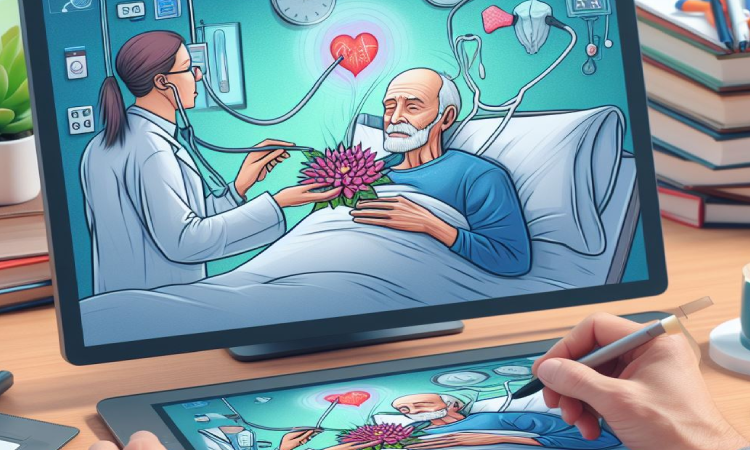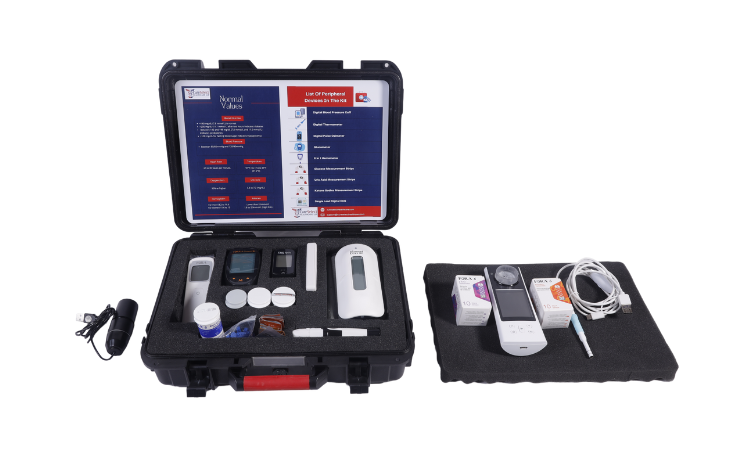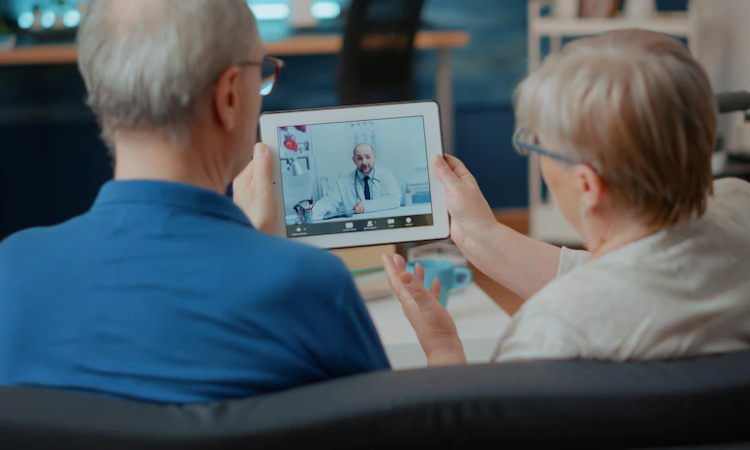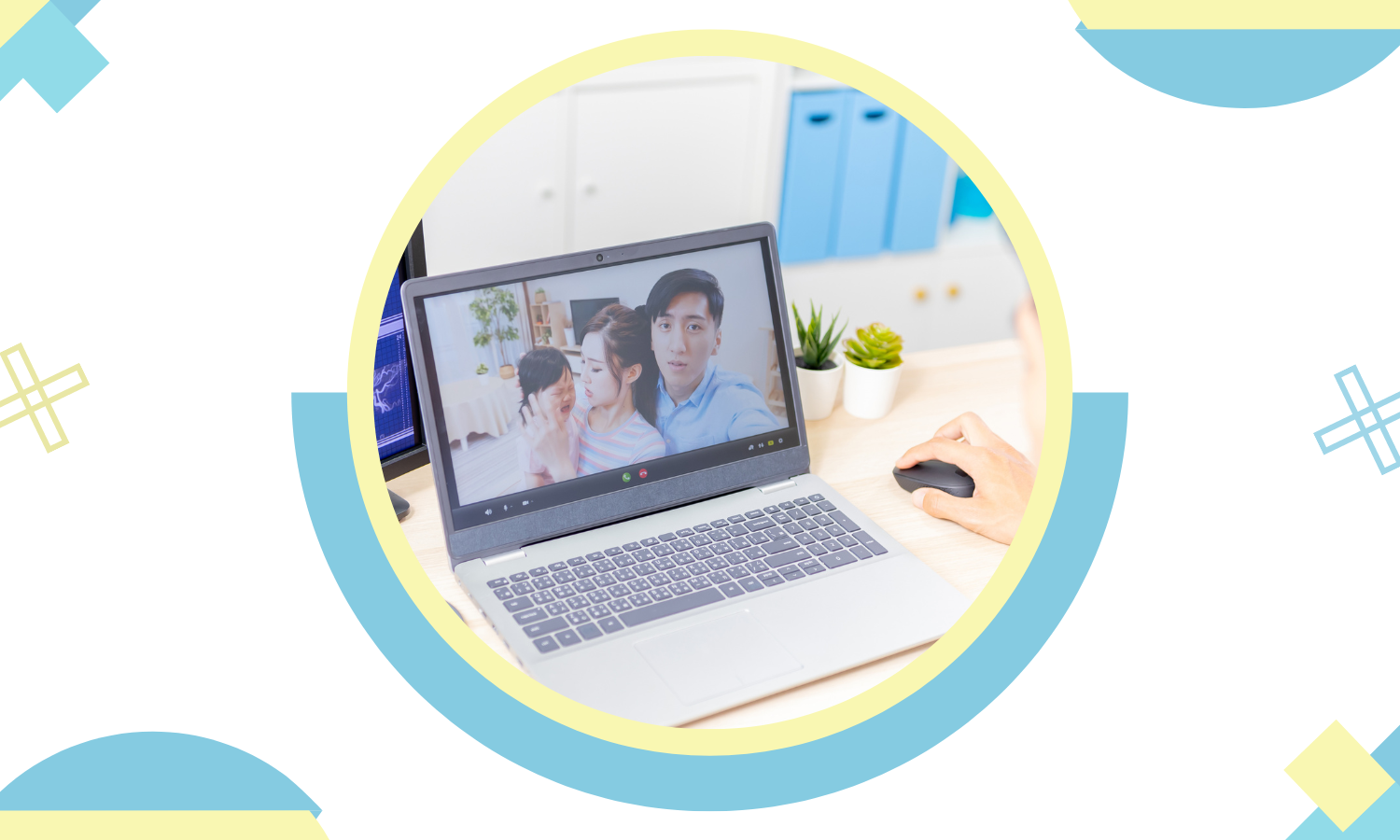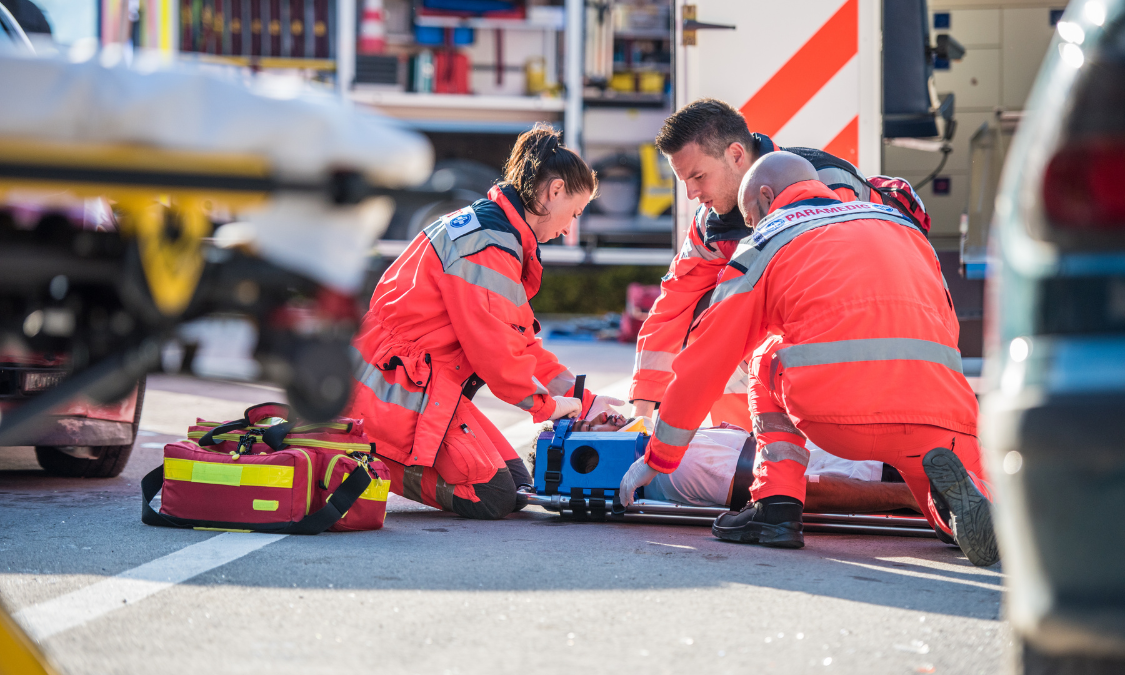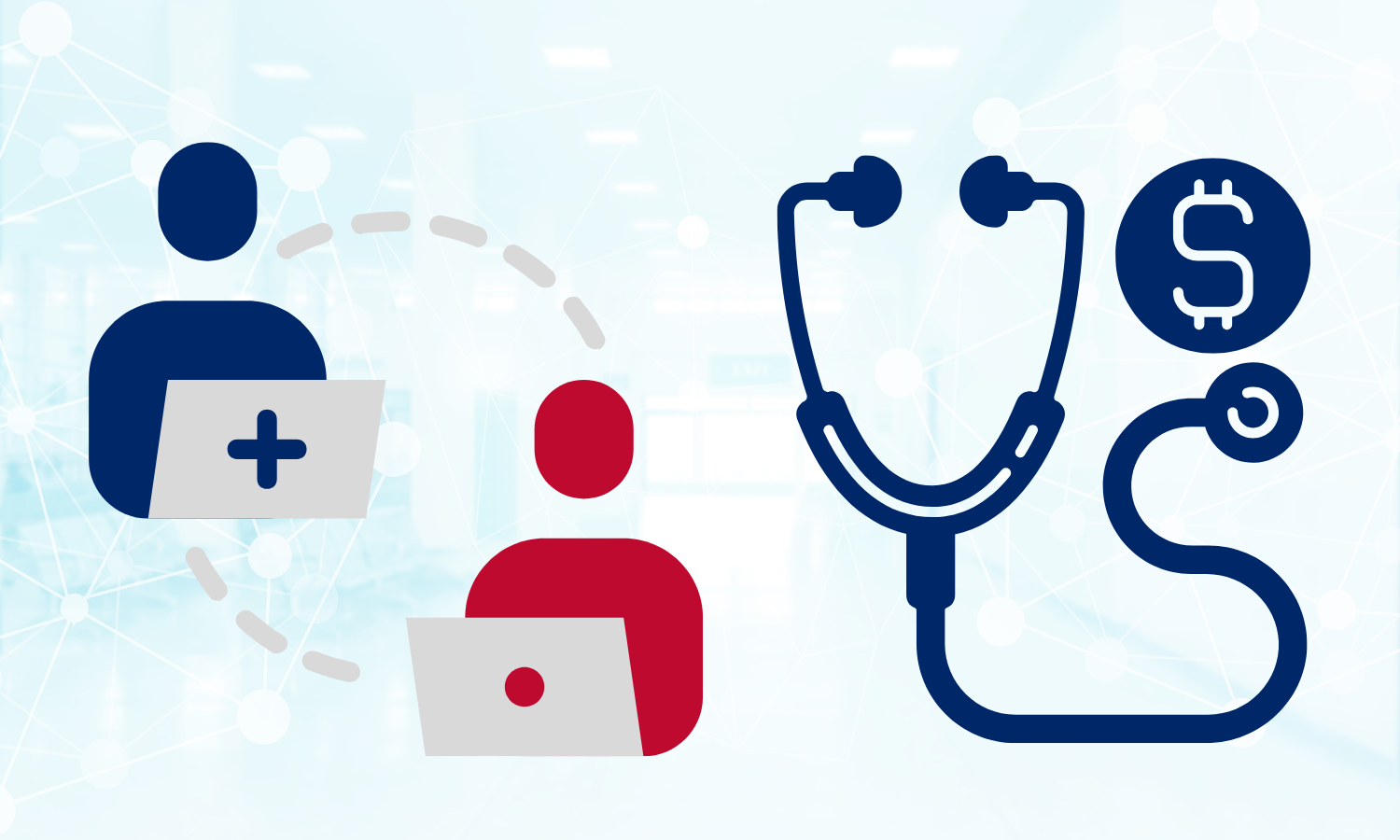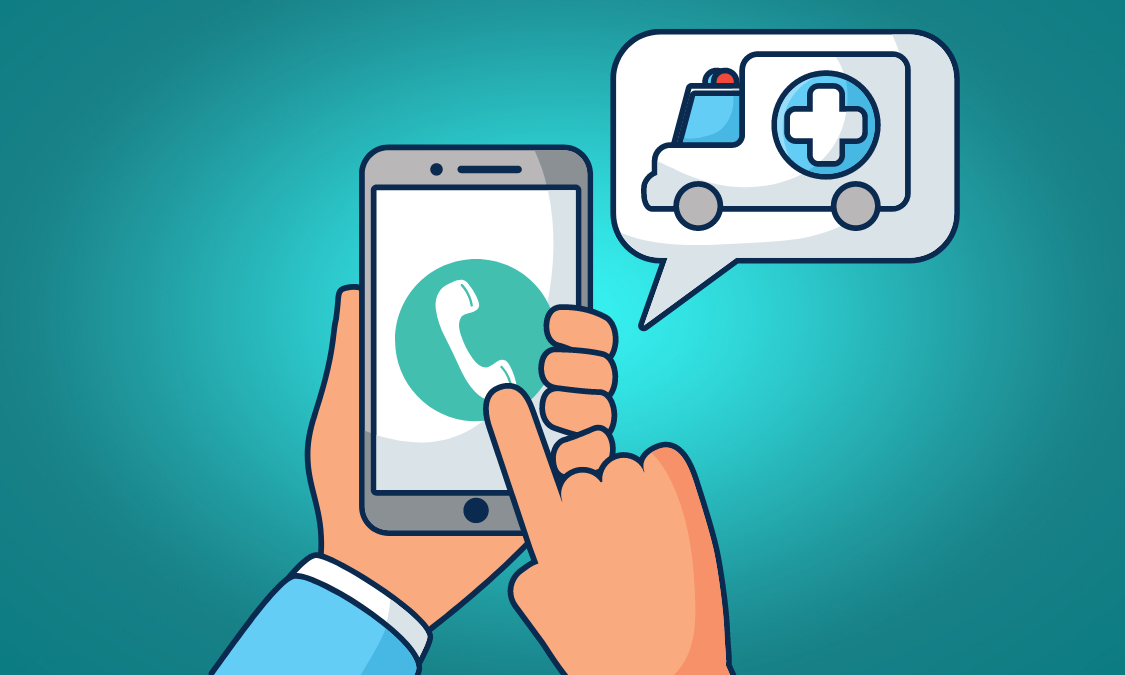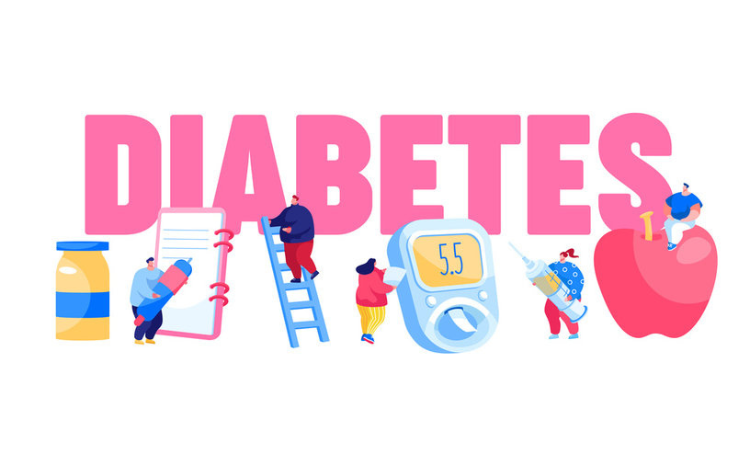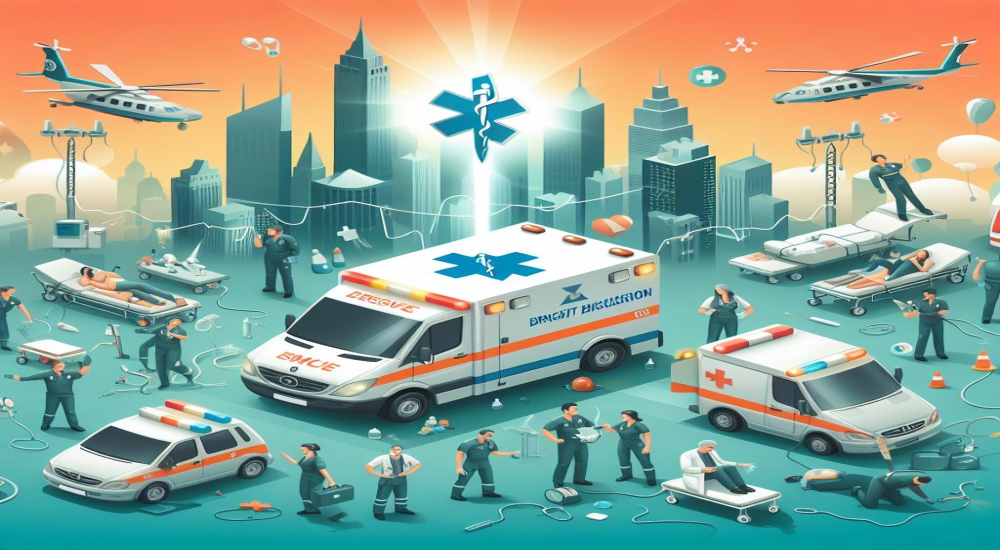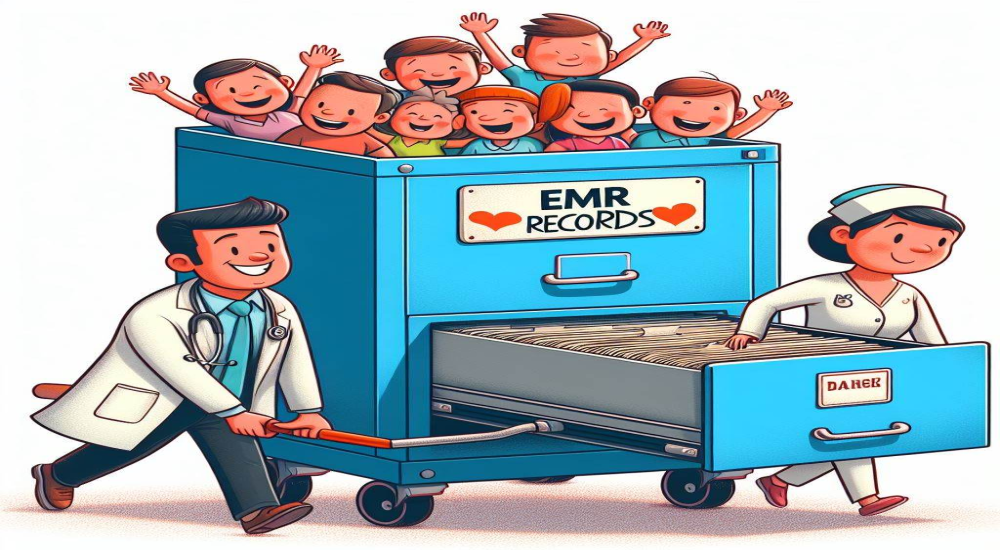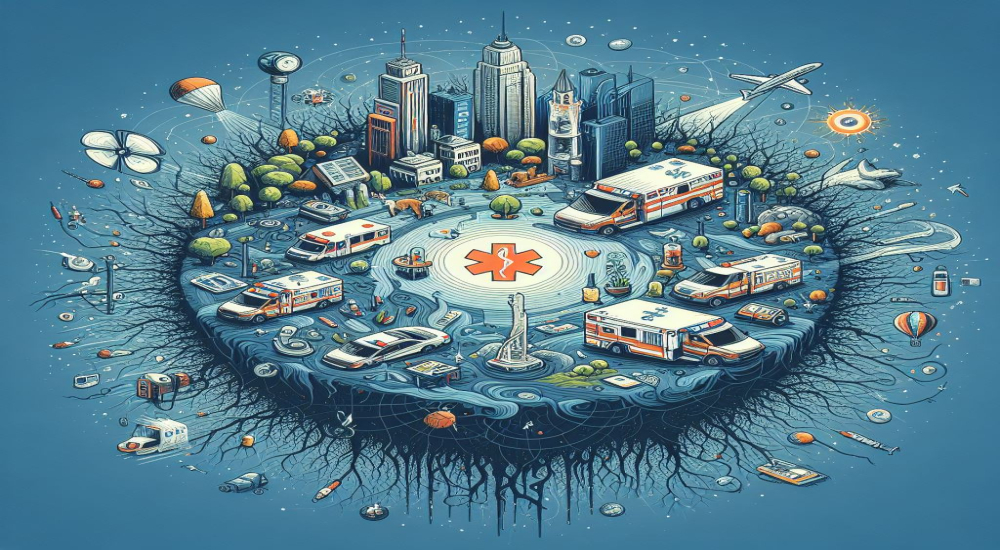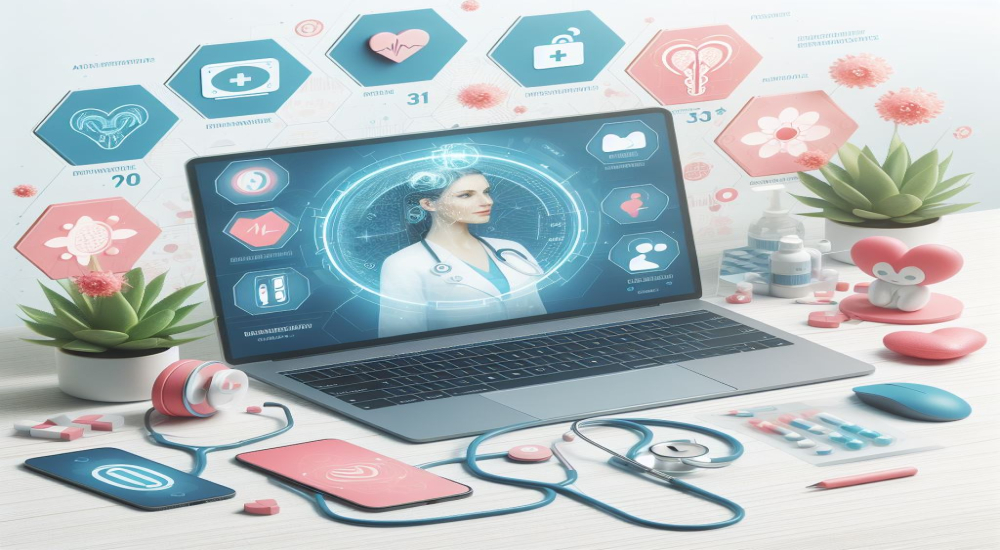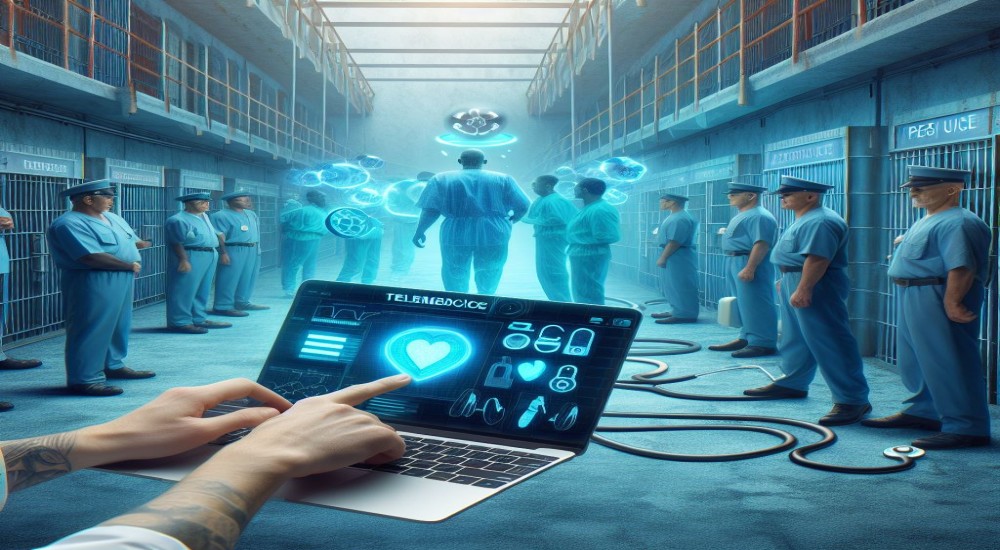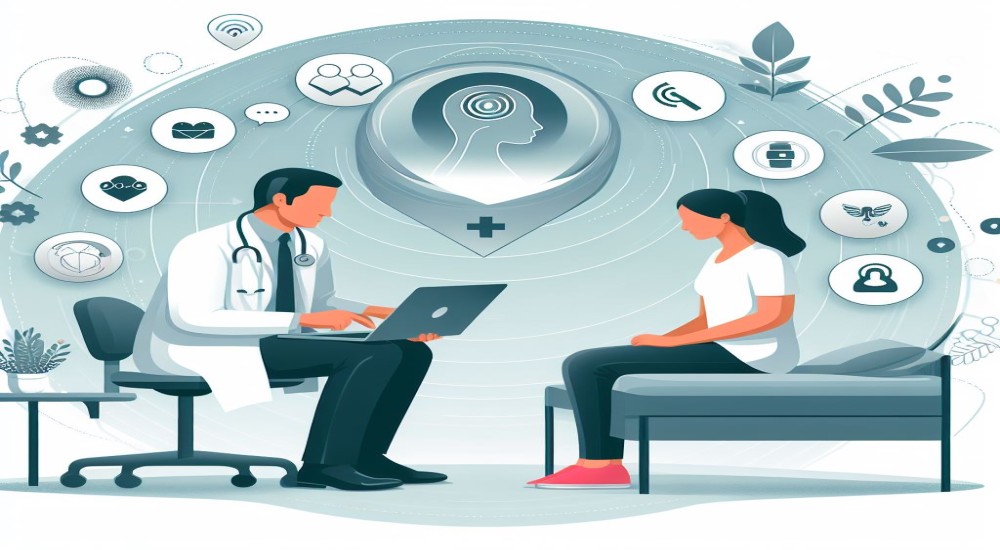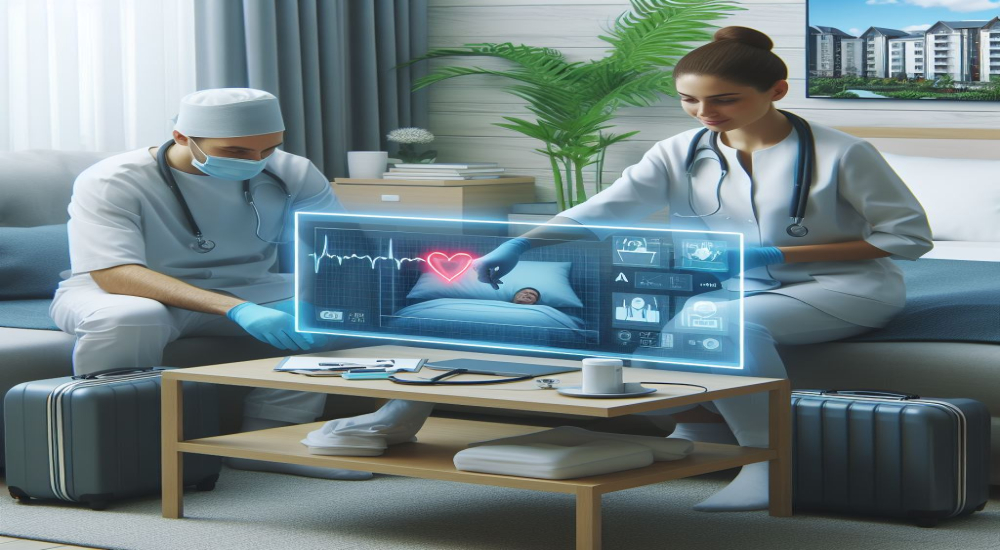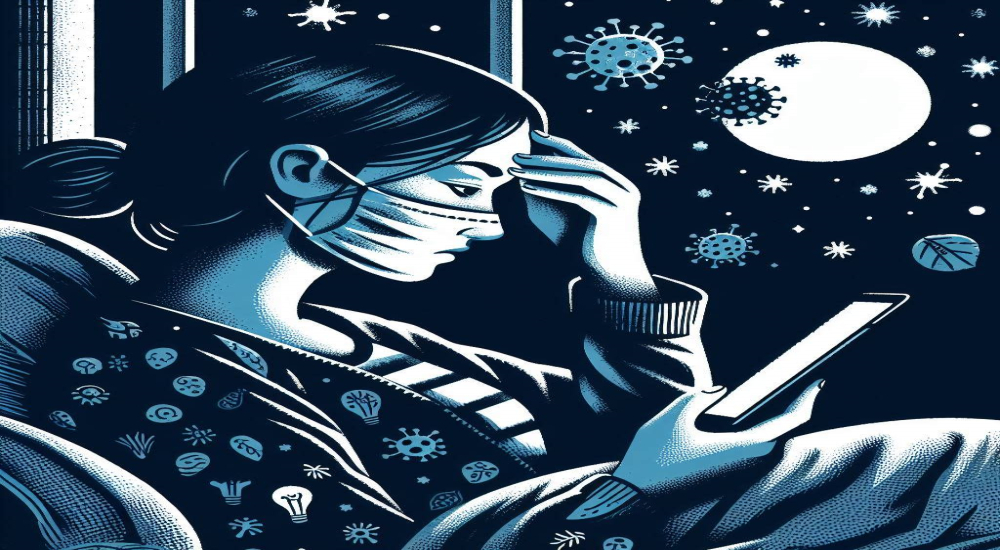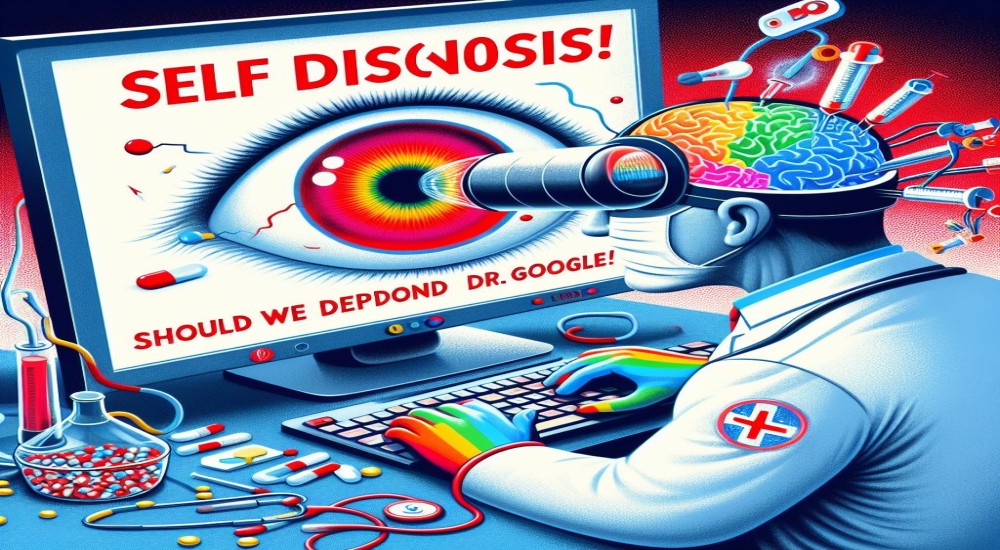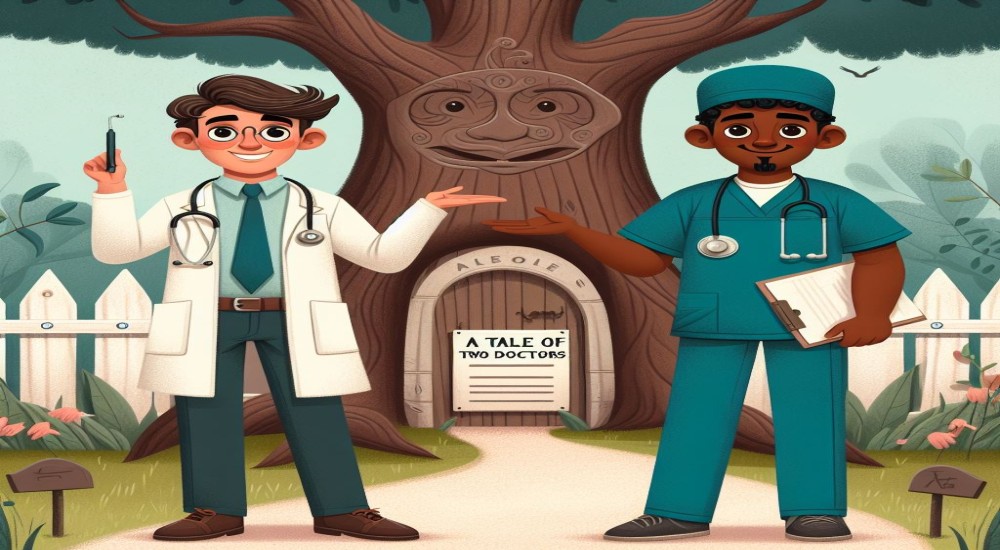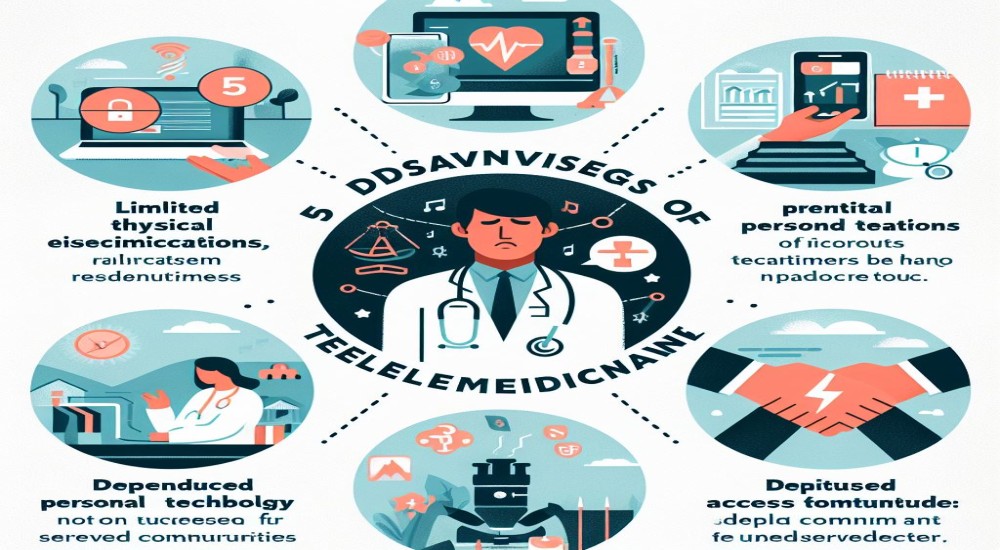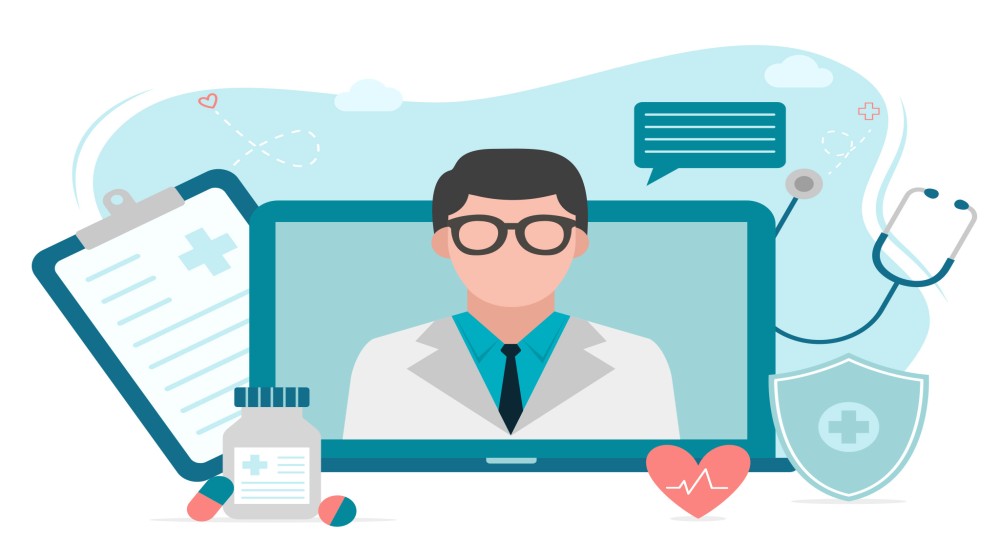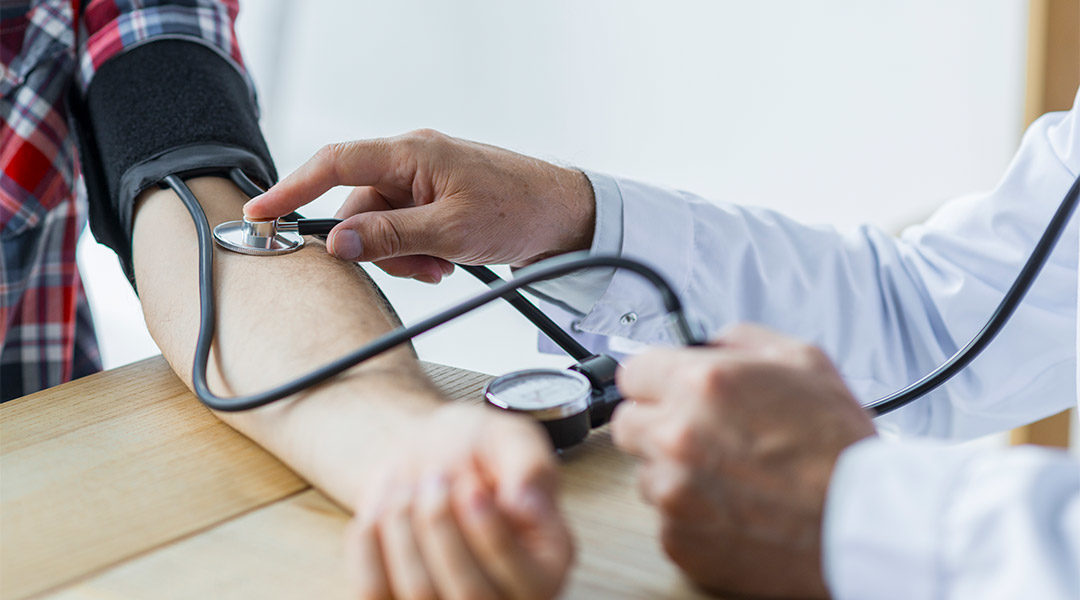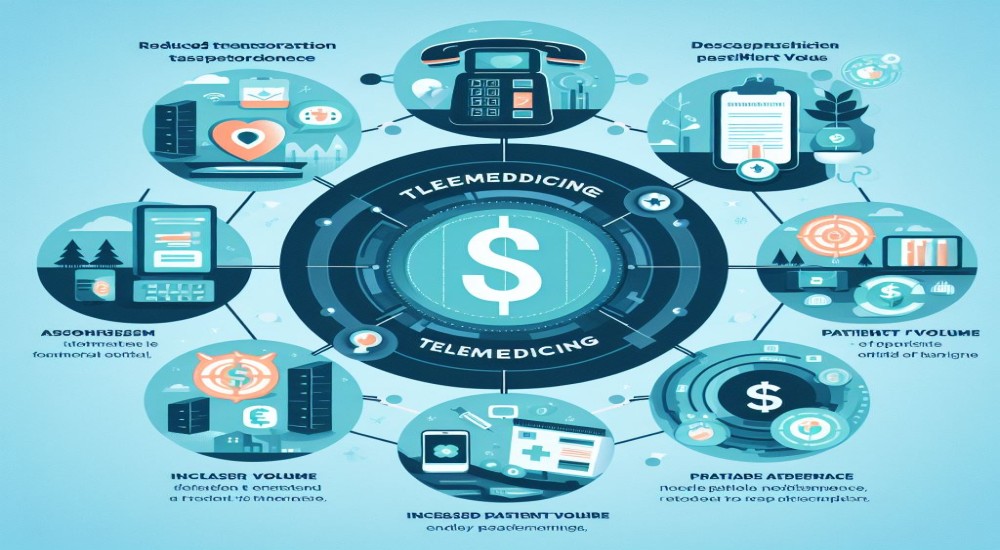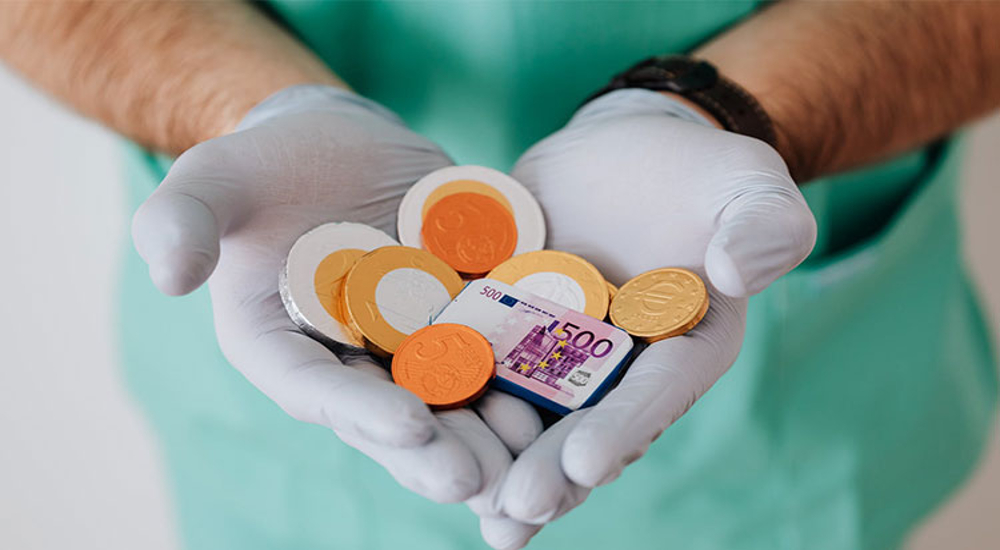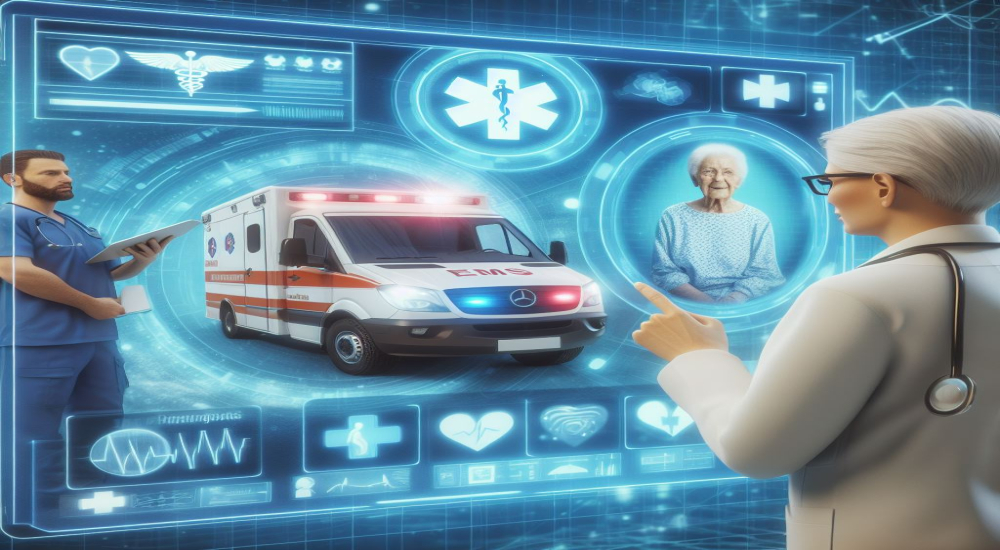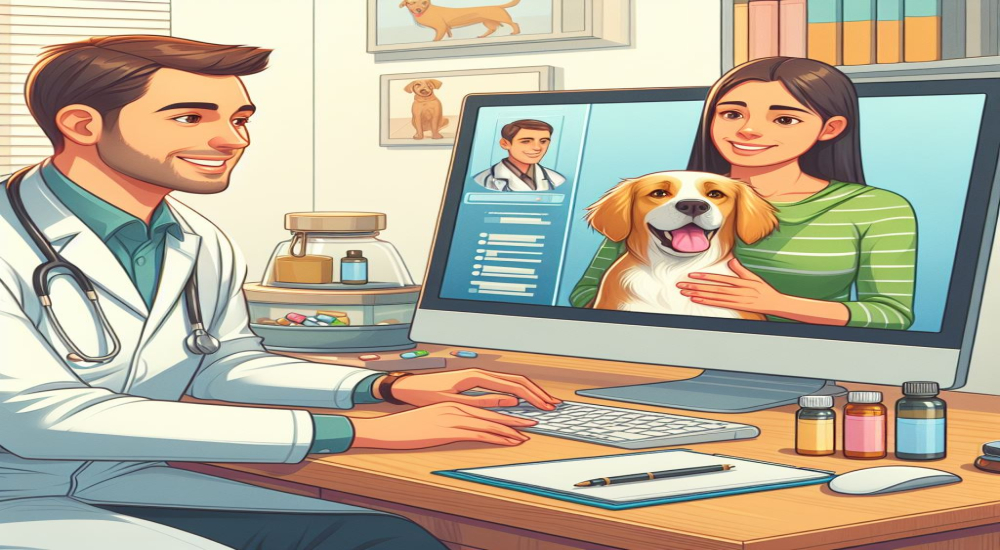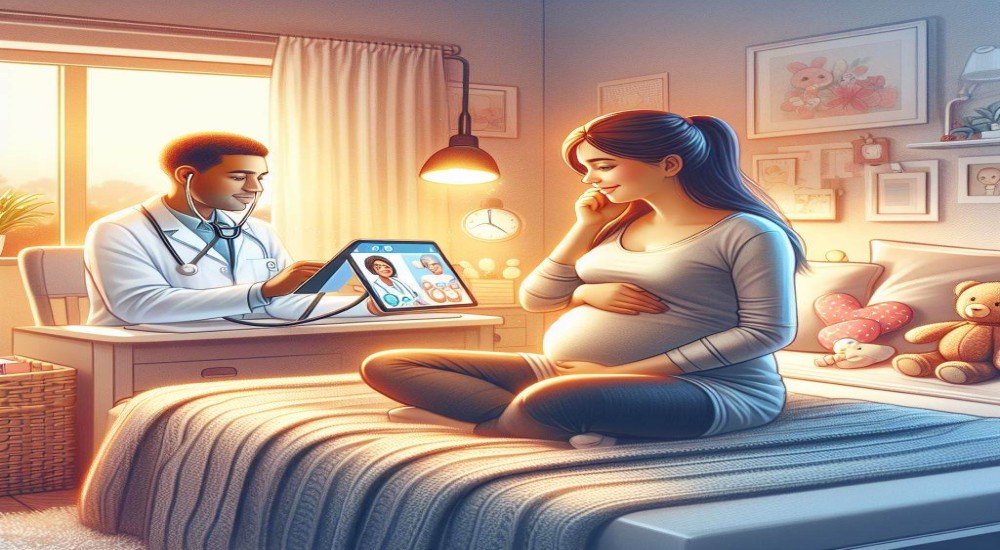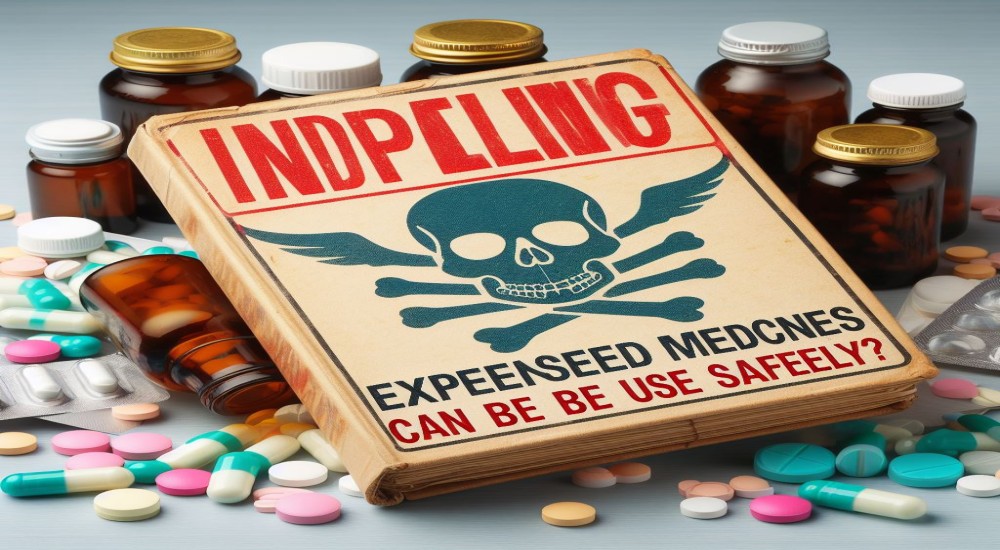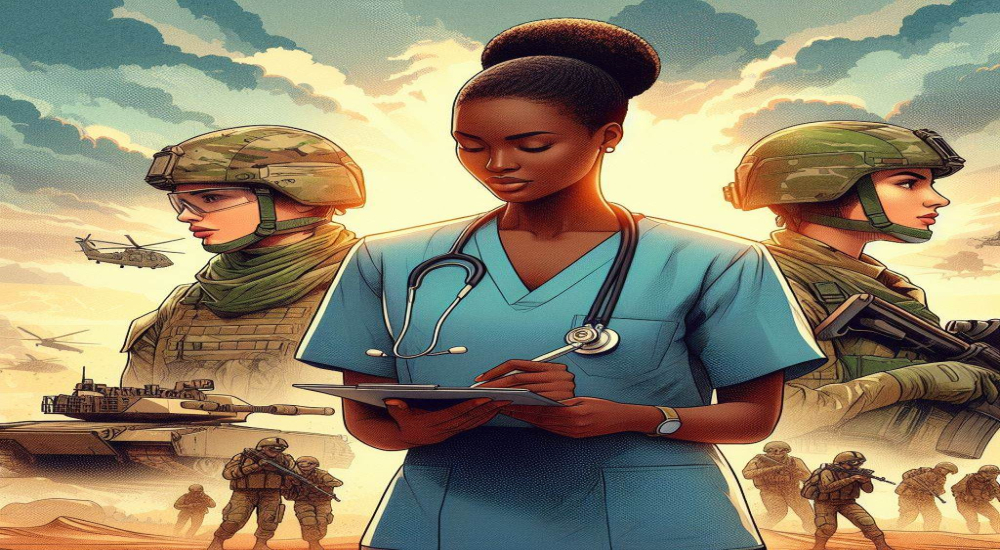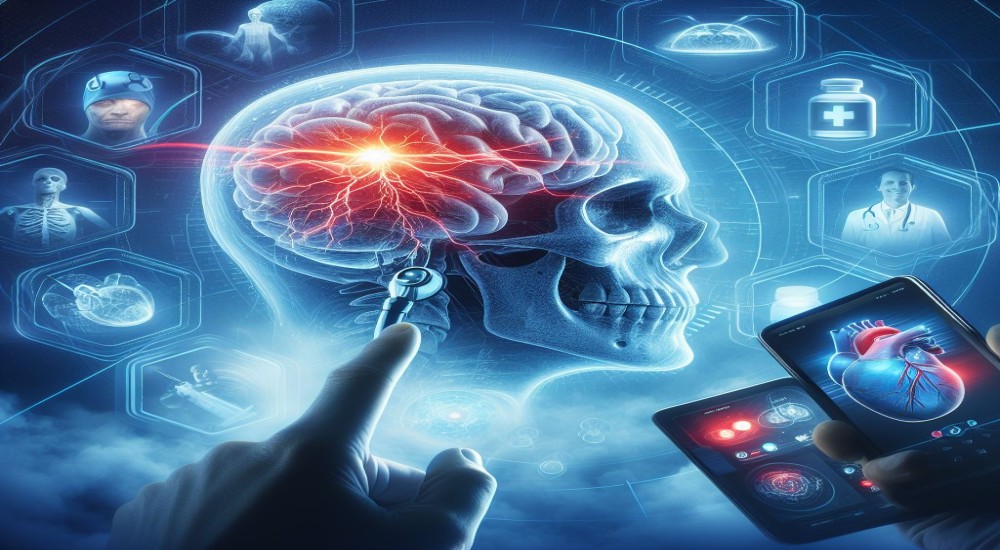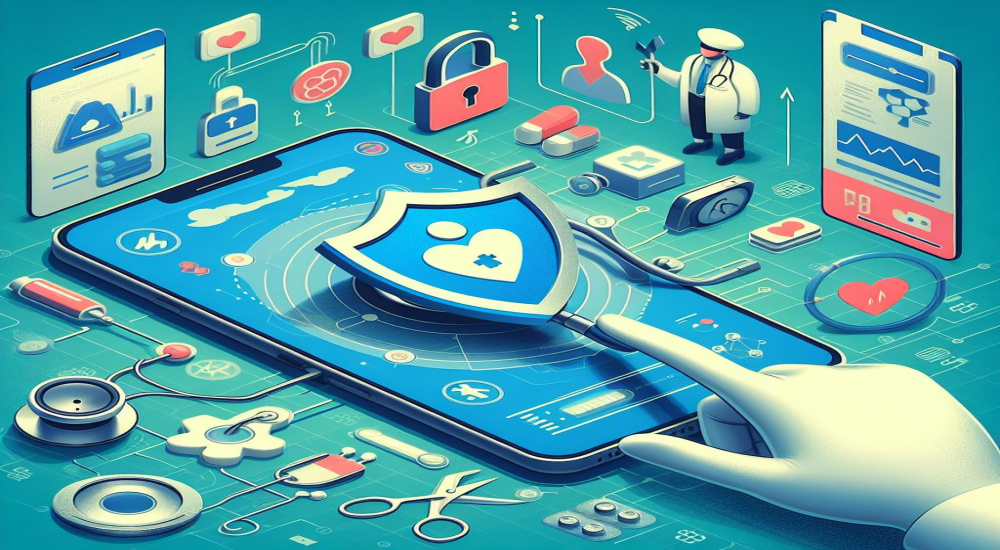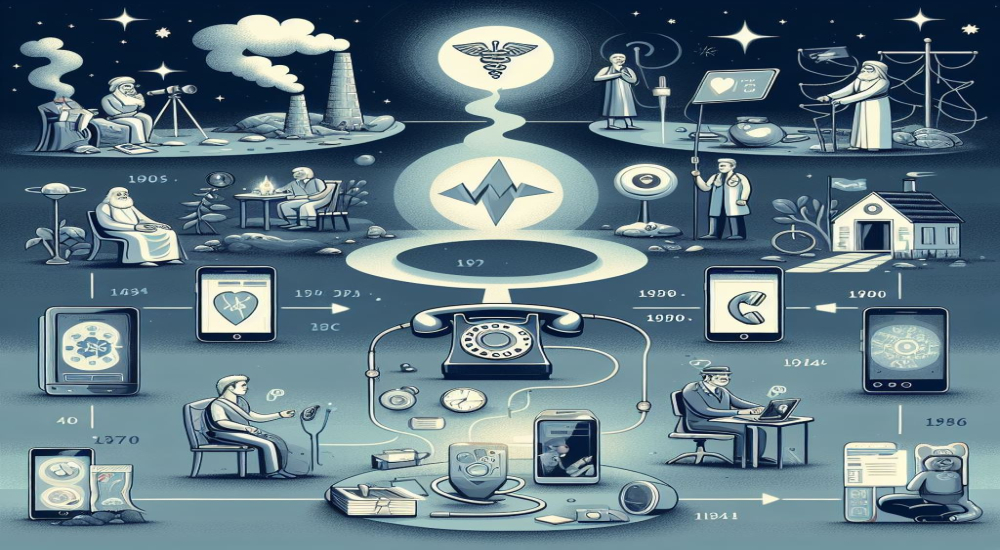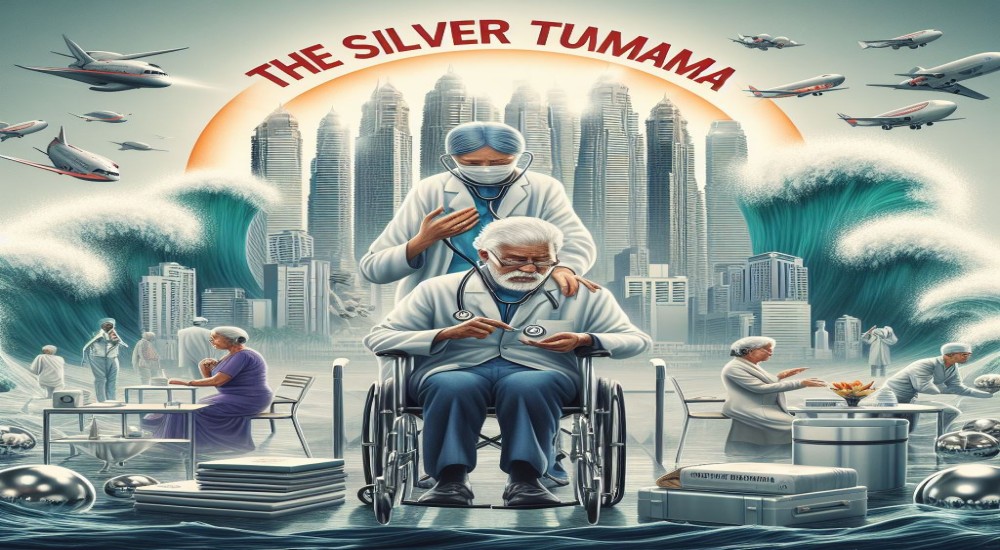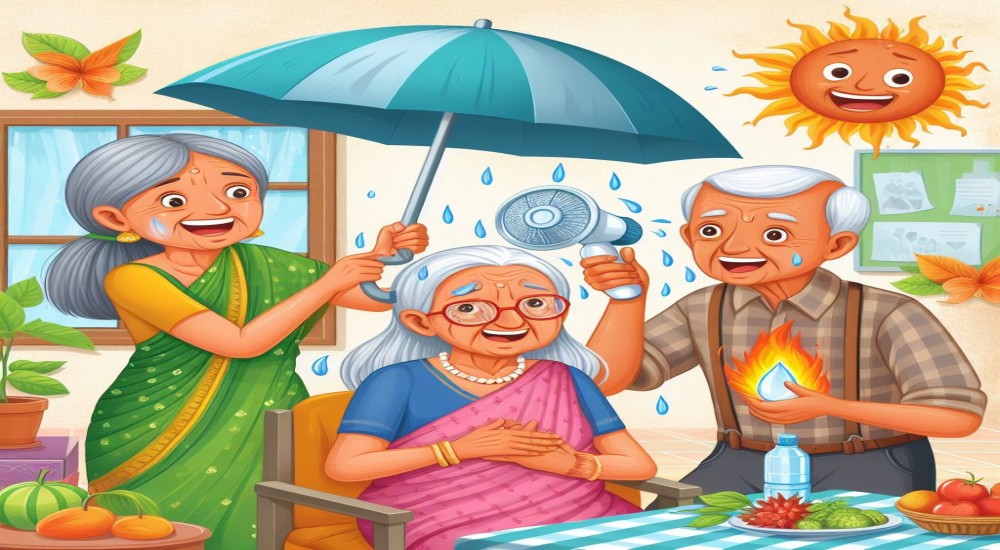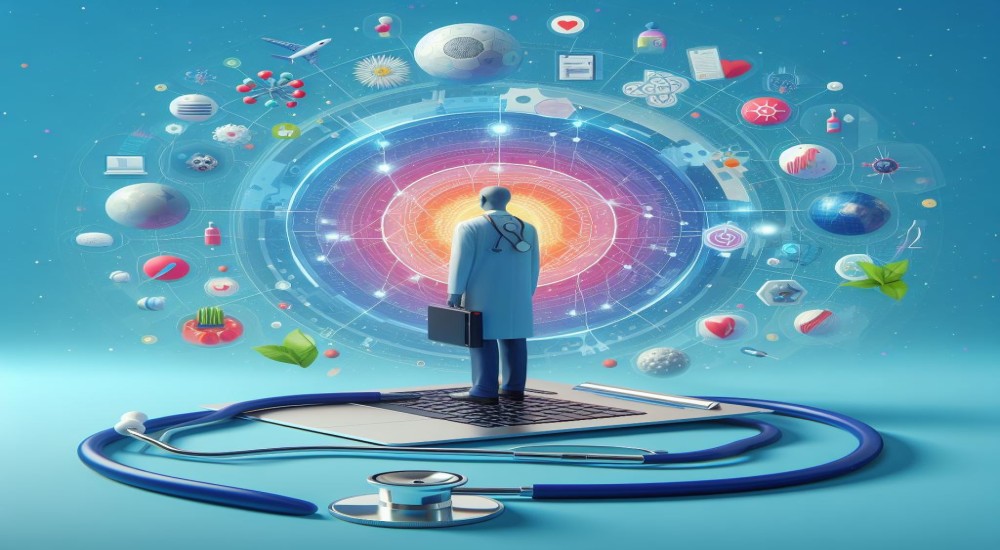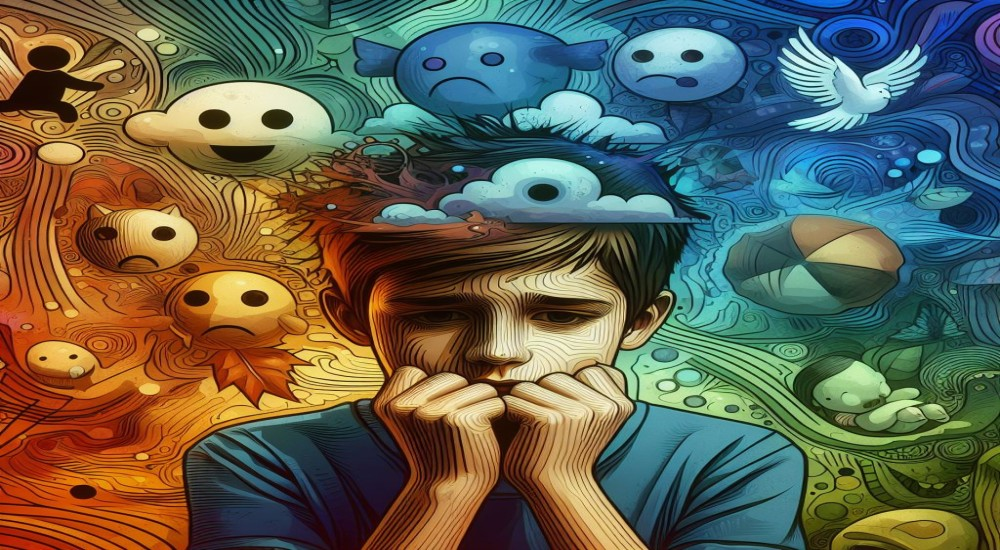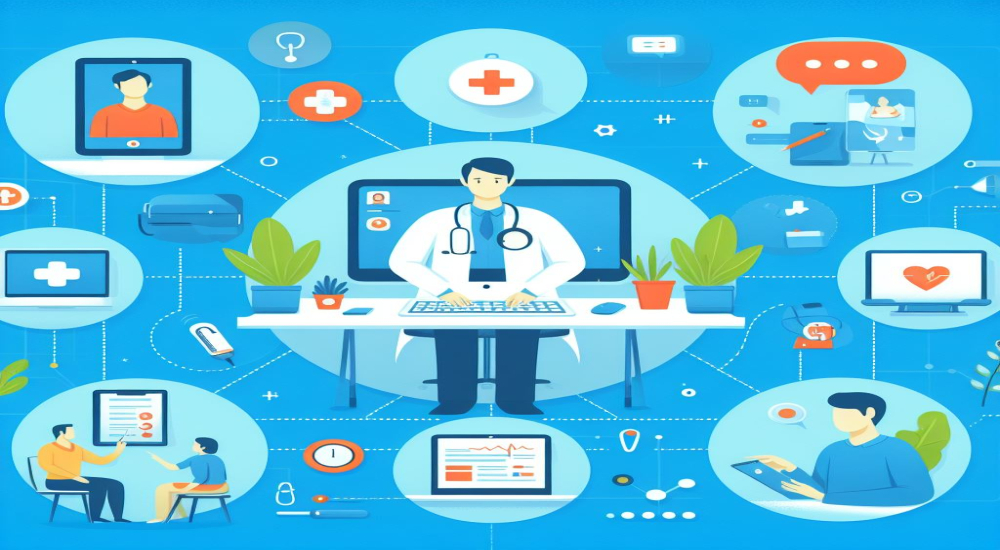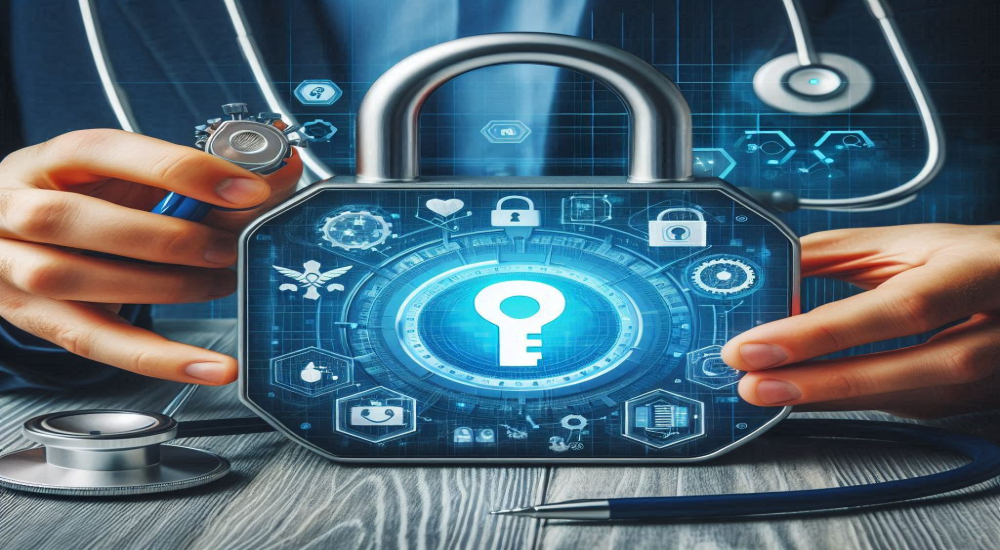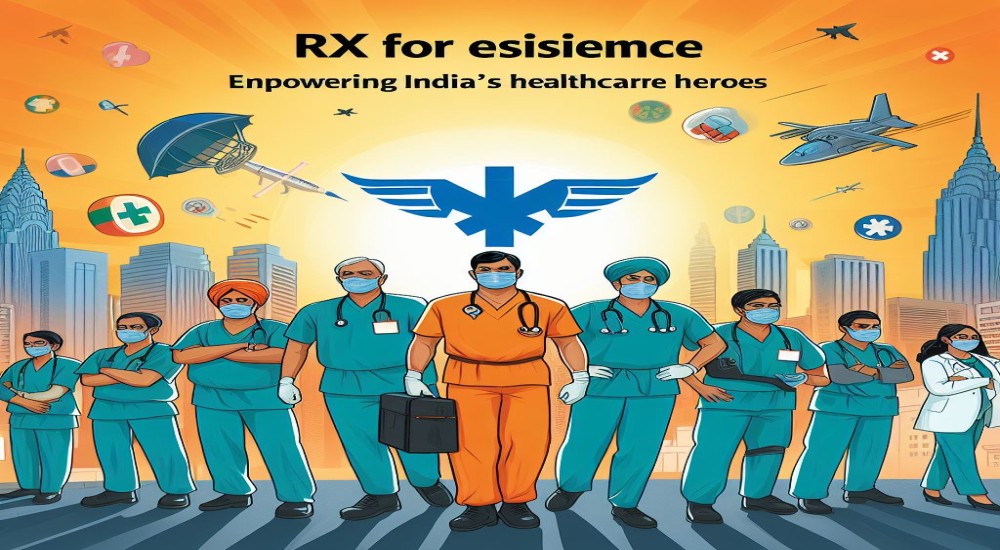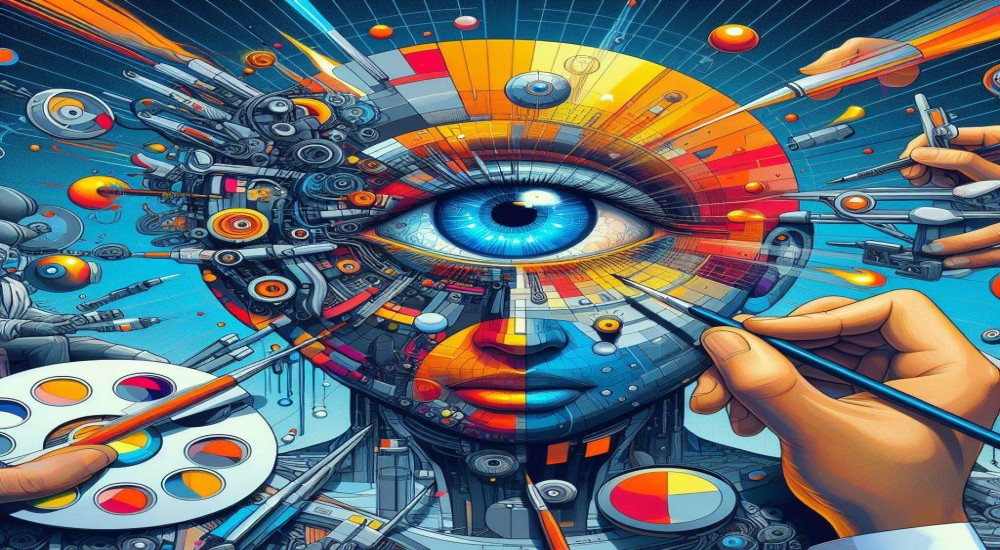Dangers Of Self Diagnosis! Should We Depend On Dr. Google?
Searching for symptoms online has become so common there is a name for the condition of health anxiety induced by self-diagnosis on the internet: Cyberchondria.
During the Covid-19 pandemic, remote access to healthcare practitioners was increasingly commonly used in virtual healthcare. However, given the ease and accessibility of technology, some people may decide to forgo traditional medical care and do online self-diagnostics instead.
Imagine someone sitting at home when suddenly their eyes begin to itch, their head starts to pound, and their heart rate increases. This is a typical scenario. They grab their phone or laptop and rapidly Google any potential issues.
As users of the virtual care domain, We are all aware that online self-diagnosis has become very common, and that technology has shifted the way health care is delivered.
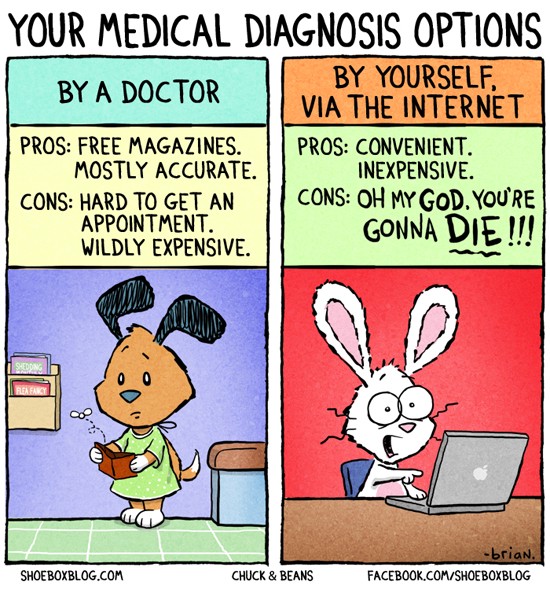
Paging Dr. Google
During the epidemic, it became more important than ever to use online resources to evaluate Covid-19 symptoms and do self-triage. Self-diagnosis online is not a new practice, though.
More than half of Canadians surveyed indicated they used Google to self-diagnose, according to a 2013 report. In 2020, 25% of Canadians utilised online resources to track their fitness or health, while 69% of them used the internet to look for health-related information.The convenience of not needing an appointment, the reduction in travel time to the doctor's office, and the absence of waiting rooms are some positive characteristics that virtual care and online self-diagnosis have in common. However, the main distinction between online self-diagnosis and Googling symptoms is that there is no direct contact with a doctor.
Some people might decide to self-diagnose because they believe it offers them more control over their health, while others might discover that it makes it easier for them to explain their symptoms to their doctor. Some patients might worry about misdiagnosis or malpractice.
People can improve their online diagnosis skills over time especially if they have an established or chronic illness, hereditary illness, etc. Online resources might offer guidance and assistance for a particular medical problem. They might also be helpful for those who have persistent symptoms but can't acquire a diagnosis from a doctor. In countries like India, this can be a regular occurrence, especially as attitudes towards doctors and institutionalised medicine can vary greatly within the population. Getting over-the-counter medication after a short internet search is seen as both cost saving and sometimes as sticking it to the doctors who charge a much higher fee for consultations.
If the websites consulted are reliable, using the internet to learn more about a problem after receiving a diagnosis from a healthcare professional may be helpful. It may lessen the stress of a diagnosis. It can be challenging to choose reliable sources and weed out false information, though. Some of the information you might find online is suspect at best. According to a study on the dissemination of misleading information on social media, false information spread more quickly and widely than the truth.
Risks of self-diagnosis
Using online health services carries some hazards, such as heightened worry and anxiety. Cyberchondria is the term used to describe someone who has a lot of health worries as a result of looking up symptoms online.
Self-misdiagnosis can also be dangerous, especially if it results in the patient not receiving care. For instance, a person may be hesitant to accept their doctor's diagnosis of appendicitis if they self-diagnose their stomach problems as the stomach flu with confidence.
Additionally, there is a chance of getting so convinced of one's own diagnosis that it becomes challenging to accept a different one from a medical expert. If a suspected heart attack, stroke, seizure, or tumour is not detected as a consequence of a misdiagnosis, it might even be very serious. If one great risk is ignoring a possible health issue, another would be overdiagnosing a mild or common symptom. In both cases it is the patient who ends up paying the price.
The Indian pharmaceutical market is not extremely well regulated and there are many loopholes through which questionable medications, supplements and powders are.
Further risks may include increased stress on both the patient and doctors, ineffectively taking or mixing medications and increased costs for vtreatments or medicines that may not be necessary.,
Social media and mental health
People now have a platform to share their own health-related experiences and stories via social media. By 2021, there were 1.1 million more social media users in Canada who were active. This begs the question of how and to what extent online content may influence people's health decisions.
A Canadian internet usage study conducted in 2018 looked at reports of the harmful impacts of social media use. More than 12% of users admitted to experiencing anxiety, depression, anger, or resentment toward others' life. Social networks, on the other hand, have also made it possible for individuals with mental health issues to feel supported and united by exchanging stories. However, this might also have influenced how people self-diagnosed (and possibly self-misdiagnosed) conditions including anxiety and personality disorders. If the wrong treatments are administered, this could put patients at risk for physical and mental harm.
Online self-diagnosis is something that cannot be avoided. However, those who use Google to diagnose their ailments should be aware of the dangers, double-check any information they find online with a healthcare professional, and seek their doctors for reliable internet sources of information on their diseases. In many cases as far as social media is concerned there is a lot of second-hand diagnoses, meaning someone else might have googled similar symptoms and they pass that info on via social media as a diagnosis to another patient.
This can be even more dangerous as secondhand information comes with many hidden agendas, sales, scams, etc. Many people looking for a genuine diagnosis or help online have been taken advantage of over social media.
What are the alternative options to self-diagnosis?
You can't get past the convenience of accessing the internet from the comfort of your couch, even after realising the risks of self-diagnosis. Spending time waiting to get seen at the clinic is the last thing you have time for. There are preparatory actions you may take before getting in your car to see a doctor thanks to technology and ongoing efforts to provide patients with the greatest care:
- Patient portals: A few hospitals and clinics now have patient portals that let you get in touch with medical staff before making an appointment. For instance, Mayo Clinic patients can set up an online profile and send emails-like comments to doctors and nurses about symptoms or other medical issues. Following up with a message or phone call to discuss the next steps is a provider.
- Nurse hotlines:You can phone the 24-hour nurse hotlines available at many clinics to discuss your symptoms. To determine if you need to come in to be seen, a nurse asks you a series of questions.
- Telemedicine Portals: The Government of India launched the E-sanjeevani initiative to facilitate telemedicine for all people in the country, though the move is primarily aimed at rural areas where self-diagnosis and self-treatments are the highest. All consultations are free and with a doctor from the same state (to offset language barriers) and this can serve as a great way to get a diagnosis from the comfort of your home without spending a penny.
India has a large floating population in both the formal and informal sectors. This means that people cannot always have access to doctors from their hometowns and are thus more likely to put off medical treatments. That is why many states in India have created dedicated hotlines for reaching out to professionals for medical advice. Tamilnadu for instance has separate helplines for women, general medical advice and for psychiatric issues such as depression (102,105,104). These hotlines are too free and can be accessed by everyone without the need for any prior booking or payments.
SOME THINGS TO WATCH OUT FOR
There are some simple things that you can do when looking up your symptoms online:
- Check the source for the information being given
- See if the site is from a well-known hospital or medical service provider
- Is the article or site trying to sell you medicines or a cure? If so it is probably spam
- Are the articles quoting science or fiction
- Do they link to sketchy YouTube videos
- Are they self-promotions for a product or service
- Is it an article that is asking you to pay more to access their information
These are all signs of sites and channels that are probably scams or have an agenda to generate revenue through you. Avoid them like you normally avoid your doctors!
TO CONCLUDE:
Self-diagnoses and consulting search engines to find out what is wrong with you are not going to go away. It is a simple, cost-effective and time-saving method. For many people, it is also a way to reassure themselves, but for all of its advantages, there are also definite downsides to looking up your symptoms online. Among medical students, there is something that is dubbed "the first year syndrome" in which newly anointed medical students read up on the various medical illnesses and convince themselves that they have all of them and are about to die. Going online to find out what is wrong with you can open up a Pandora's box which can have serious consequences for your mental and physical health.
There are many times when highly trained professionals with decades of experience can be wrong about what is ailing a patient, it stands to reason that the internet with its hodgepodge of people and unverified information can get many things wrong. As always the internet is only a tool and the way it is used is what matters. Taking some harmless medical opinions online is ok, but that can never replace the care of an actual medical professional.

